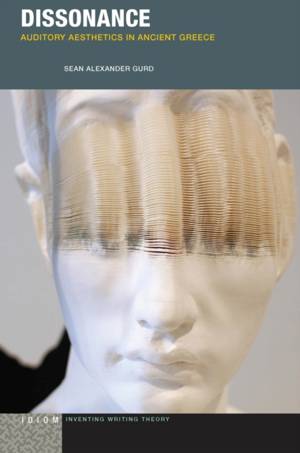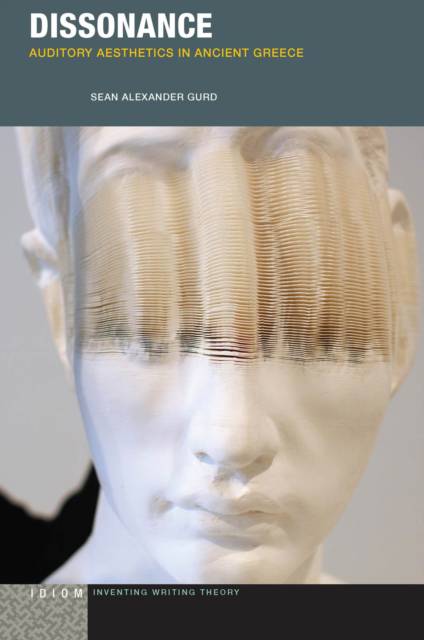
- Afhalen na 1 uur in een winkel met voorraad
- Gratis thuislevering in België vanaf € 30
- Ruim aanbod met 7 miljoen producten
- Afhalen na 1 uur in een winkel met voorraad
- Gratis thuislevering in België vanaf € 30
- Ruim aanbod met 7 miljoen producten
Zoeken
Omschrijving
An overview and descriptions of the auditory commitments of ancient Greek song, drama, and acoustic theory from the time of Homer to the death of Euripides, this is the first complete study of the cultural system of sound in Greece.
Specificaties
Betrokkenen
- Auteur(s):
- Uitgeverij:
Inhoud
- Aantal bladzijden:
- 256
- Reeks:
Eigenschappen
- Productcode (EAN):
- 9780823269655
- Verschijningsdatum:
- 1/07/2016
- Uitvoering:
- Hardcover
- Afmetingen:
- 241 mm x 161 mm
- Gewicht:
- 512 g

Alleen bij Standaard Boekhandel
+ 165 punten op je klantenkaart van Standaard Boekhandel
Beoordelingen
We publiceren alleen reviews die voldoen aan de voorwaarden voor reviews. Bekijk onze voorwaarden voor reviews.







